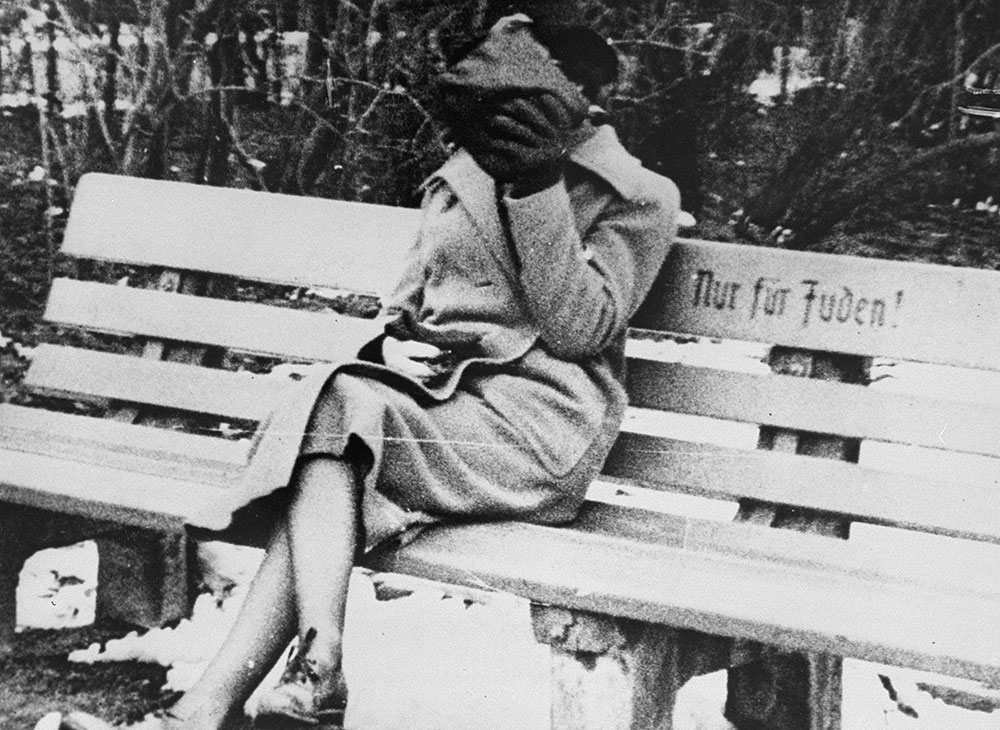Holocaust denial is a form of antisemitism. The only reason to deny the Holocaust is to inculcate and foster antisemitism. The Holocaust has the dubious distinction of being the best documented genocide in the world, so for anybody to disbelieve, they've got to come to it with some sort of preconceived notion.
Holocaust denial takes different forms, and I divided it into hardcore Holocaust denial and softcore Holocaust denial. Hardcore Holocaust denial is the argument made by deniers that there was no planned centralized program of annihilation of the Jews by the Nazis, that this whole idea of eliminating the Jews from the European continent and beyond never happened.
If you would ask them, "Well, why would the Jews make up this myth?" is that they did it for financial gain and to get the sympathy of the world in order to get a state. That in and of itself makes Holocaust denial a form of antisemitism because the rationale they give--to get money and to get a state--are of course at the center of the stereotypes associated with antisemitism.
But softcore denial does not deny the Holocaust. There were people who would say, "Well, of course the Holocaust happened, but was it really six million? Of course the Holocaust happened, but were there really gas chambers?" I think any thoughtful person today knows that that's a ridiculous kind of thing.
First of all for, deniers to be right, who has to be wrong? Well certainly all the survivors. You have the bystanders, but most of all, you have the perpetrators. What they said was, "I didn't do it. I was only following orders." So they had these different excuses, but they never said it didn't happen.
The audience often are antisemites who are looking to have their feelings confirmed or people who might not be overt antisemites but somehow are discomforted with the idea of Jew as victim. This is an attack on society at large. In almost every society where they've gone after Jews first, they've gone after other people after that. Prejudice has to be fought and amongst those prejudices, antisemitism has to be fought.




